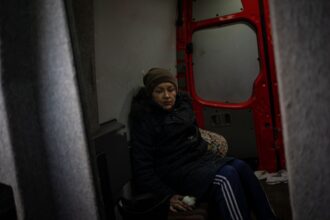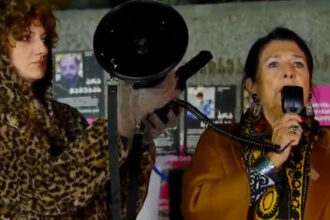On September 9, Georgian Prime Minister Irakli Kobakhidze announced that the government will establish a fund to provide grants for NGOs and media in response to the controversial foreign agents law that recently came into effect. This was reported by local media. The opposition has criticized the ruling Georgian Dream party‘s plan, calling it “bribery” and an attempt to exert control over independent NGOs.
The foreign agents law, which came into effect on August 1, requires organizations that receive foreign funding to register with the Justice Ministry within one month. Failure to do so by September 1, when the official monitoring period began, could result in fines of up to 25,000 Georgian lari ($9,200).
Kobakhidze stated that the creation of the state fund is a “step towards” supporting NGOs and media, which may face a loss of funding from international donors if they comply with the law. The government will make preparations in the coming months and the first grants will be issued in January 2025, according to Kobakhidze.
At a press conference, the prime minister expressed gratitude to the over 450 NGOs that have applied to the Justice Ministry, stating that this demonstrates their civic responsibility. He also emphasized that receiving foreign funding does not necessarily mean being influenced negatively.
However, the Georgian opposition has strongly opposed this idea. Nika Gvaramia, a former minister and leader of the opposition Coalition for Change, called it “complete absurdity” and accused the government of trying to bribe NGOs. Roman Gotsiridze, the chair of the Eurooptimists parliamentary group, stated that the Georgian Dream party is attempting to silence criticism by offering bribes to the free non-governmental sector.
The opposition and pro-EU President Salome Zourabishvili are also awaiting the Constitutional Court’s decision on a joint lawsuit against the foreign agents law. The passing of this legislation, along with the use of excessive force during protests and a crackdown on civil society, has strained Georgia’s relationships with its traditional Western allies, the EU and the U.S.
In addition, the Georgian Dream party has taken steps towards improving relations with Russia, which has further strained ties with Ukraine.
Read More @ kyivindependent.com




